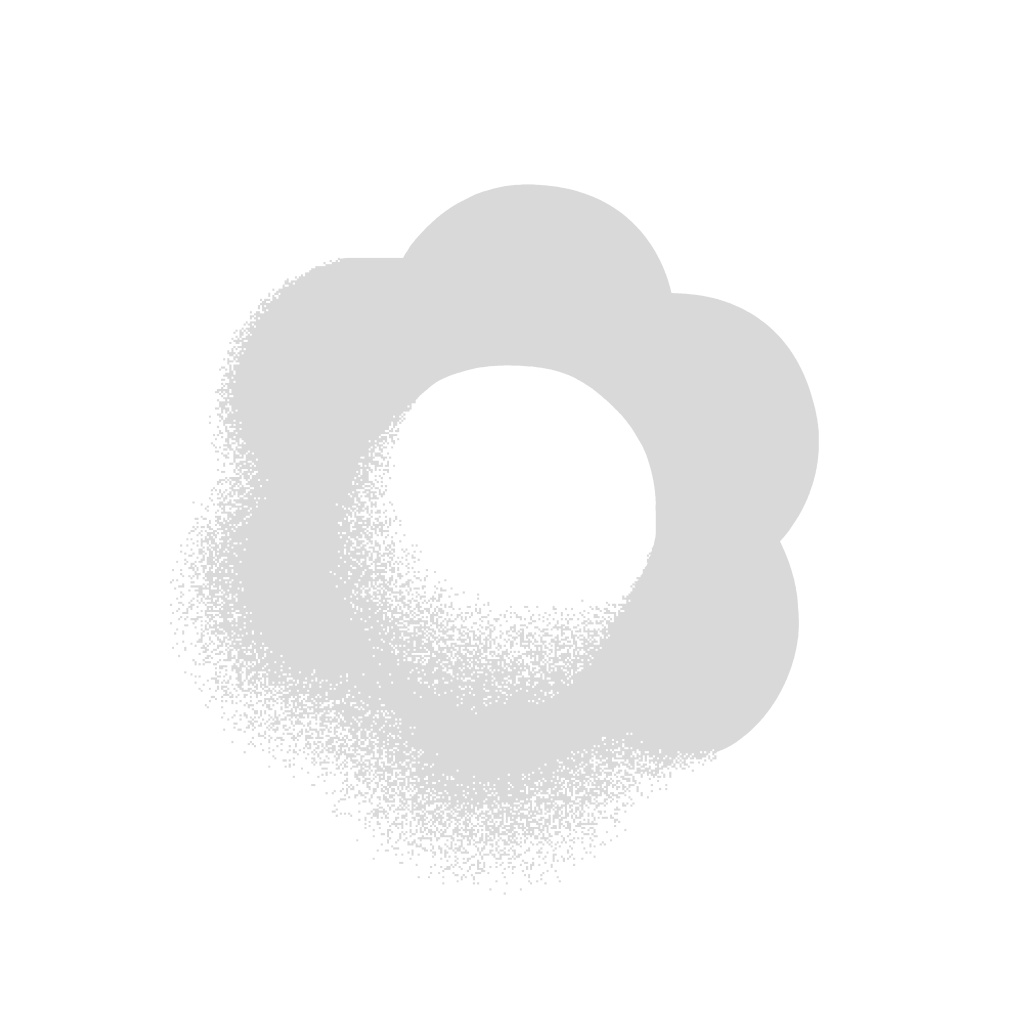Imaging, with purpose.
We created Rimeo to make high-performance imaging more accessible to scientists and labs working on the edge of biology. We believe that pushing boundaries shouldn't require inaccessible tools — only precision, creativity, and rigor.
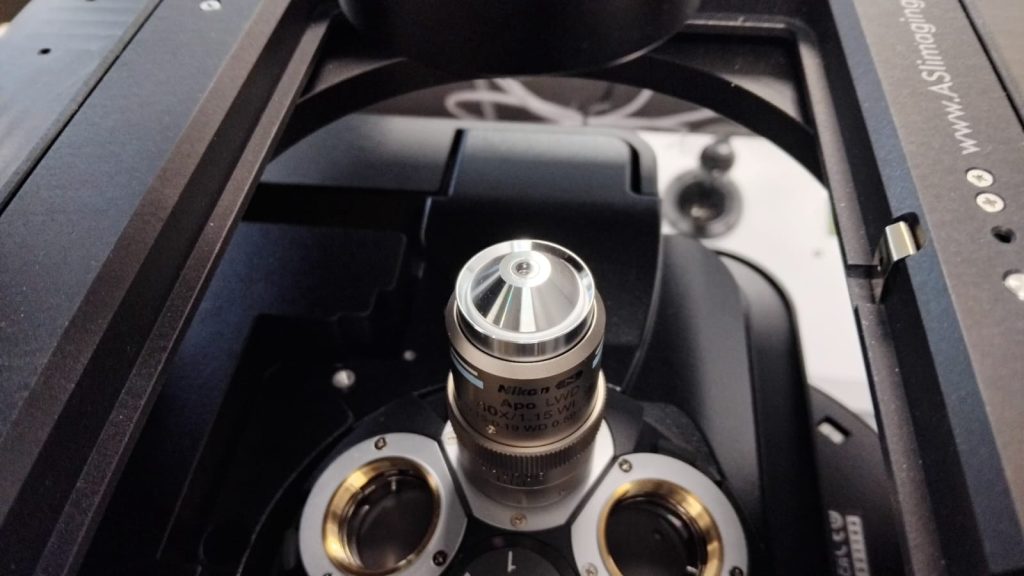
Built by scientists, for scientists.
Rimeo was born within research labs, shaped by years of hands-on experimentation in microscopy, optics, and algorithmic imaging.
Our solutions are grounded in real lab needs — not marketing promises. This research DNA remains at the heart of everything we design.
Meet the people behind the project
We are engineers, researchers, and designers — brought together by a shared curiosity for what remains unseen.
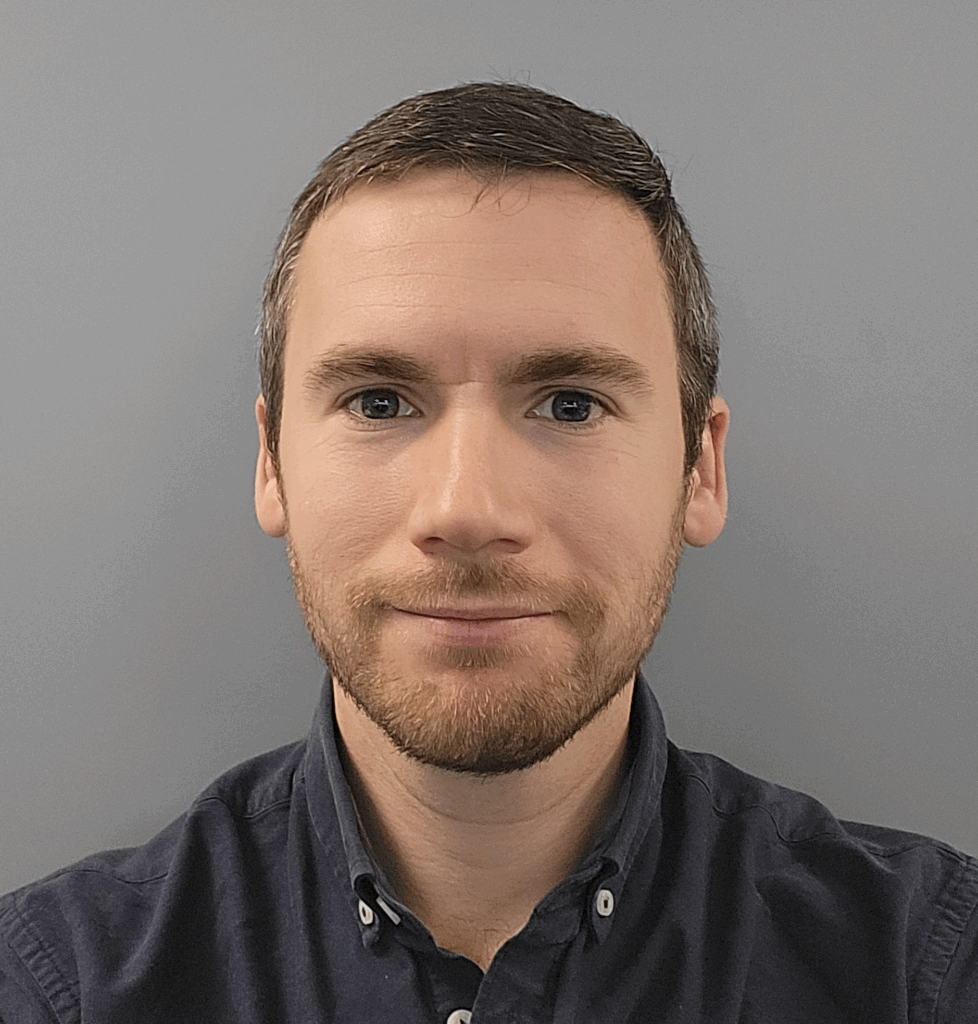
Simon Labouesse
CEO, Rimeo

Thomas Mangeat
R&D Research Engineer, Head of the Light Imaging Toulouse platform, CBI (CNRS / Université Toulouse III – Paul Sabatier)
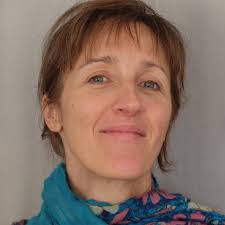
Anne Sentenac
CNRS Research Director, Fresnel Institute (Marseille)
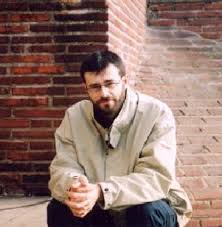
Jérôme Idier
Research Director, LS2N (CNRS, Nantes)

Marc Allain
Associate Professor, Aix-Marseille University / Fresnel Institute (COMiX group)
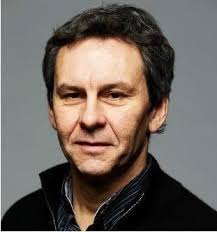
Hervé Rigneault
CNRS Research Director, Head of the MOSAIC group, Fresnel Institute (Aix-Marseille University / Centrale Marseille)
We collaborate with leaders in science and innovation.
Rimeo is supported by academic institutions, research centers, and innovation programs committed to scientific progress.

Centre de Biologie Intégrative
The Centre for Integrative Biology (CBI) in Toulouse is a major research institute jointly supported by CNRS and Université Toulouse III – Paul Sabatier. Bringing together around 400 scientists, engineers, and students across three research units, the CBI aims to understand the fundamental principles of life at multiple scales, from genes and molecules to cells, organisms, and animal societies. Its research spans genomics, cell and developmental biology, neuroscience, and computational biology, supported by cutting-edge technological platforms in imaging, bioinformatics, and behavioral analysis. Opened in a new dedicated building in 2022, the CBI provides a dynamic environment for innovative research and training in modern biology.

Gataca Systems
Gataca Systems is a French company founded in 2017 and based in Massy (Île-de-France) that designs and integrates high-precision imaging and photo-manipulation systems for both scientific and industrial use. They build modular optical systems and support customers through the full process—from prototyping to industrial deployment—with specialized techniques such as TIRF, FRAP, super-resolution microscopy, photo-activation/ablation, micropatterning, multichannel detection, and more.
Institut Fresnel Marseille
The Fresnel Institute (Institut Fresnel, UMR 7249) in Marseille is a joint research laboratory of CNRS, Aix-Marseille University, and Centrale Marseille, focusing on optics, photonics, electromagnetism, signal & image processing, and advanced imaging. It brings together about 14 research teams (≈200-220 people including faculty, researchers, postdocs and doctoral students) working across four major themes: information & photonics; electromagnetic modelling; imaging; and nanophotonics & optical components. The institute has strong capabilities in both experimental and theoretical work, with multiple technological platforms (thin-film optics, high-power photonics, biophotonics, imaging of living systems, electromagnetic metrology) enabling research in both fundamental science and applications, including biomedical imaging, metamaterials, and laser-based processes.

Inscoper
Inscoper is a French spin-off founded in 2016 in Rennes (Cesson-Sévigné), emerging from academic labs at the Institute of Genetics & Development of Rennes. The company develops a universal software-and-hardware platform for fluorescence microscopy, designed to coordinate microscopes and all of their peripherals (cameras, light sources, stages, etc.) with minimal latency and high synchronization. Their tools allow combining many modalities (e.g. wide-field, confocal spinning disk, TIRF, light-sheet, FLIM/FRET) while enabling faster, reproducible, automated imaging workflows.
A journey grounded in research
From first prototypes in a lab notebook to real-world adoption, Rimeo follows a clear path — combining science, development, and iteration.
2020_
First experiments
2021_
Algorithm validated
on living samples
2023_
LiveDRIM prototype
tested in partner labs
2025_
Rimeo officially launched
What we stand for
1_
Precision - Every feature is tested and measured
2_
Clarity - In data, in design, in collaboration
3_
Accessibility – Innovation must be usable
4_
Integrity – No shortcuts, no smoke and mirrors
Collaborate with us
We’re always open to scientific collaborations, pilot programs, and exploratory conversations. Let’s push imaging forward — together.
Get in touch
Tell us more about your imaging needs or research focus. Our team will guide you toward the right RIM solution for your work.
